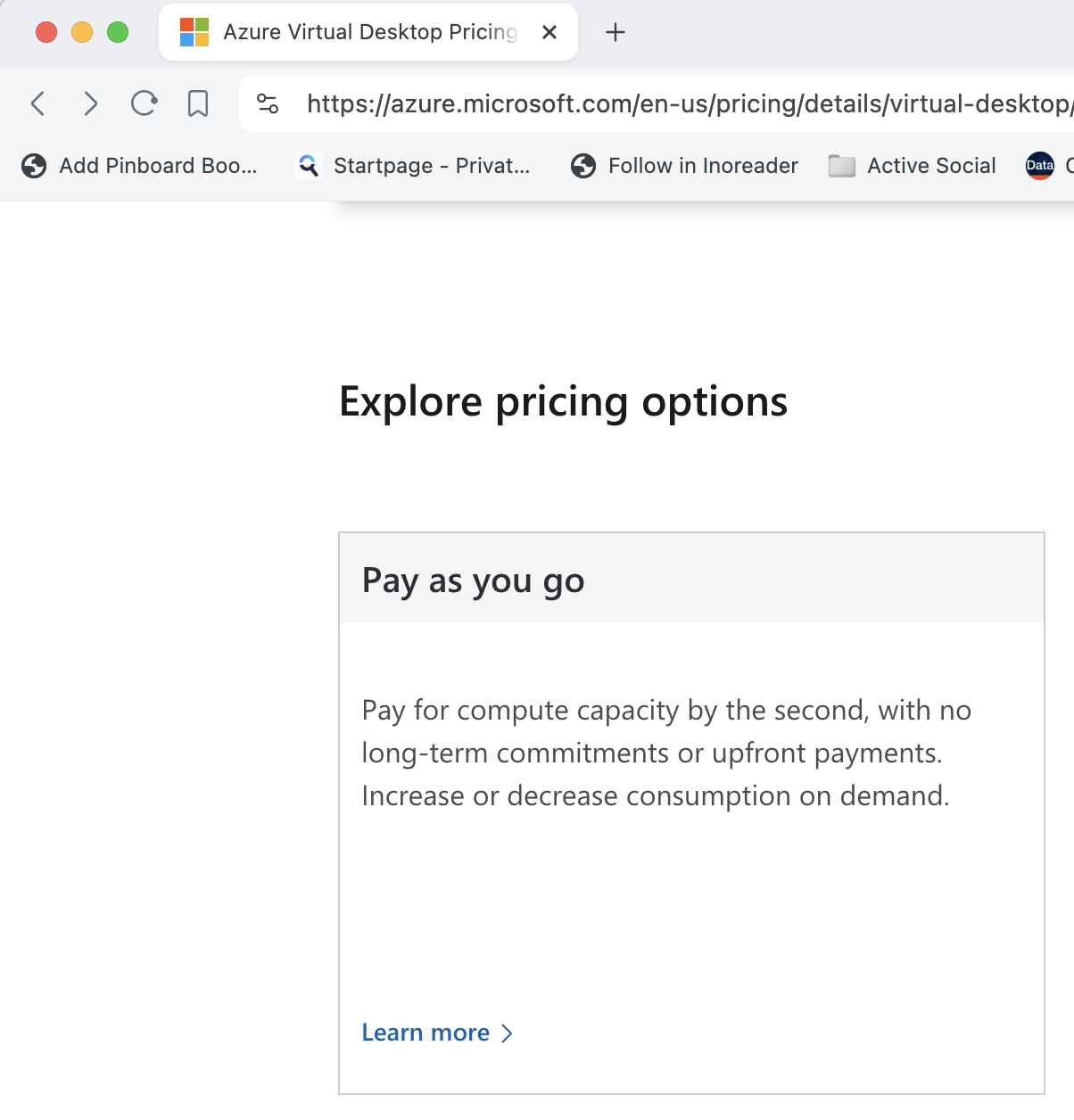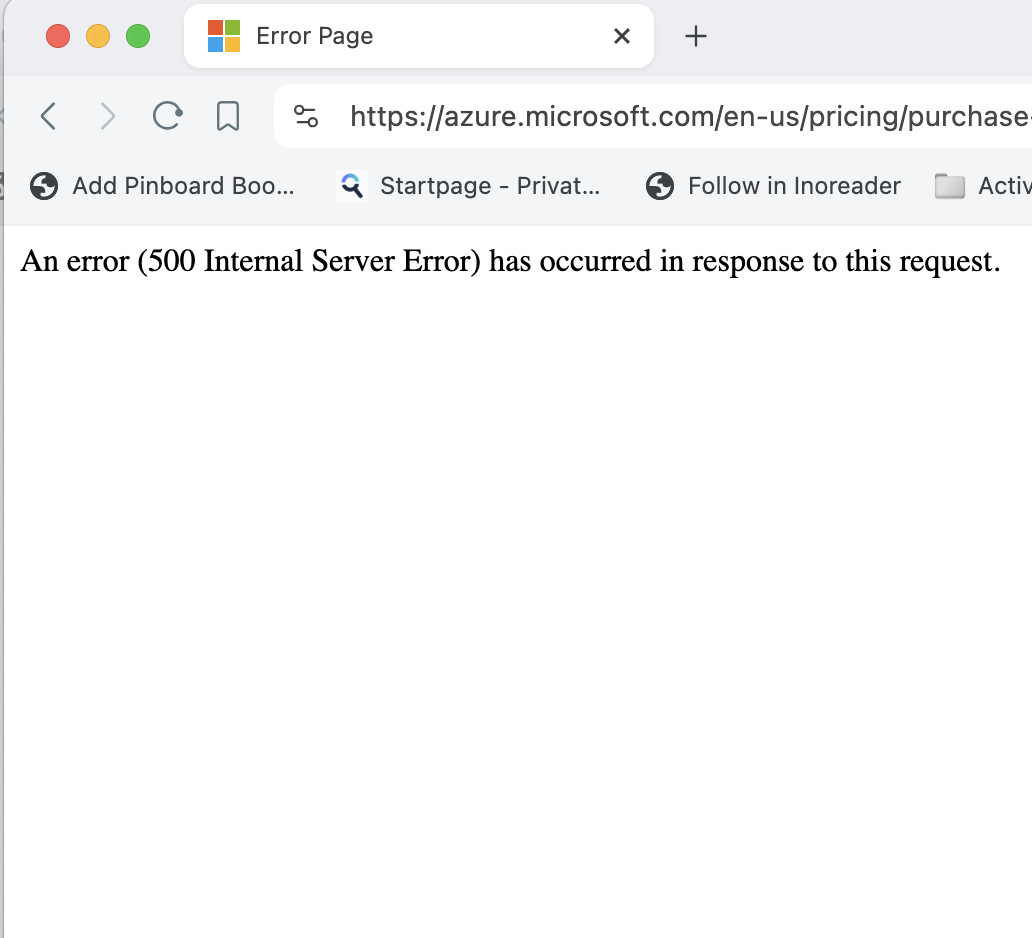“Students at New College are becoming more and more isolated by various actions of the administration, including…new rules that prevent ‘unauthorized’ gatherings of 5 or more students.” https://ncffreedom.org/%5B-%5D-blog/f/the-death-of-community-gathering-at-new-college
// can this be for real?
#NewCollege
@djc it’s your 4 stars that are doing the hurting. uber taught us all that 4 stars is a failing grade.
@realcaseyrollins oh, yeah. i’m not talking about people who treat me disrespectfully. i’m talking about people doing the best they can, when clearly the systems they are working with don’t let them resolve the problem for you. so the overall experience with the company is horrible, but it’s not the agent’s fault.
@realcaseyrollins If they give me bad service because they’re doing their best but clearly have no power or resources to give me good service? Then yeah, five stars. I’m not interested in harming someone’s career to let a company know they are doing a shitty job.
I generally like to think of myself as an honest person, but I lie like crazy when presented with those “how did we do” forms after a customer service contact. I don’t blame the customer service person for the organization’s inability to address my problems, and I don’t want to harm them in their jobs. So the customer service was terrible, but everything’s ⭐️⭐️⭐️⭐️⭐️ on the survey!
 A screenshot of Microsoft Azure marketing materials, “Explore pricing options”, “Pay as you go”, with a link, “Learn more”
A screenshot of Microsoft Azure marketing materials, “Explore pricing options”, “Pay as you go”, with a link, “Learn more”
 Click the link and it’s “An error (500 Internal Server Error) has occurred in response to this request.”
Click the link and it’s “An error (500 Internal Server Error) has occurred in response to this request.”
“The international ideological aspects of the decisions taken by the US and the European Union are seldom taken into account by the domestic decision-makers because the thinking about the rest of the world and development does not loom large for the politicians who deal with China, Russia, national security and the like. But the ideological development problem will not go away.” #BrankoMilanovic https://branko2f7.substack.com/p/the-third-framing
@oscarjiminy often scared, often profane, but i won’t argue!
@kentwillard I don’t know enough to comment really intelligently, but there is definitely a lot about South Korea that is very weird. The brutal working hours, the desperate tutors and study-til-midnight grade school competitiveness, a divide/culture-war over gender roles and collapse of total fertility that puts our circus to shame.
Yet their food is amazing, they produce remarkable popular culture, they managed COVID beautifully.
I’d love to spend time there to make sense of it all.
@scott i was. i miss the bay area terribly. but now i am something of an exile in Florida.
(we moved here to be near family who — long story — are no longer here. the basis for my fondness for the area, #NewCollege of Florida, is a source of great pain now as proximity is proximity to DeSantis and Chris Rufo urinating all over the place. we can’t afford to move back for now, unless some great gig makes that possible, so here we are. the people are nice but the sprawl is so sad.)
Trying to make my obsessions more sociable, me and my fam are gonna go to this Kamala-campaign debate watch party in Tampa (Ybor City) tomorrow night (Tues, Sept 10).
You can come too! https://mobilize.us/s/M0QH3m
@kentwillard when you put it that way, getting this explained well is a campaign in the service of world peace! let’s get to it!
i don’t know whether South Korea and Japan would be more open. they are accustomed to industrial policy, so that part’s an easier lift. but the industrial policy battle seems close to won in the US as well. SK & Japan tend towards “national champion” style policy, though, which is much closer to US-style rentierism than China’s radically competitive industrial policy.
@StillIRise1963 @inquiline@union.place 🙁
are there maybe cult leaders or gurus who sell holy shit?
@kentwillard it’s one of those days!

